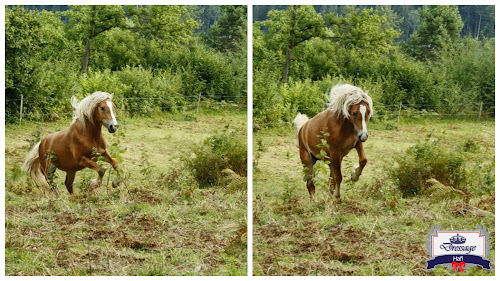Are You Feeding Your Horse Right?
You’ve just brought a horse home to live with you, and you want to take care of them to the utmost of your ability. Of course you do, you’re a responsible owner, and you want to create a healthy and happy home for any horses you may bring home in the future.
The first place to start is with the feeding question: are you feeding your horse right? Of course, it’s going to differ from horse to horse, but there’s some general rules that are best to follow. And to help you do so, here are some questions to ask about the way your horse eats, and how you provide for them.
Is There Enough Roughage?
If you’re going to be letting your horse out to pasture, they’re going to be feeding on the grass out there, which is known as ‘roughage’. It’s important for horses to be able to eat roughage, as it helps their digestion, and horses evolved to eat grass.
So, if you keep your horse indoors, or in the stable a lot, it’s time to let them out and let them graze. If you don’t have the roughage to support a horse, you can use hay in their stalls, but it’s always best to plant along your pasture or trail for your horses to graze at their need.
What Feed Schedule are You on?
A feed schedule needs to be put together, if you don’t have one already. Because you’re going to need to change feeds every now and then, and you’re going to need to keep track of when these changes occur.
And most importantly, you need to be able to introduce changes on a gradual basis, with enough time for your horse to get used to new diets when you put them on one.
Not to mention the types of food you give your horse are important. You need to have a schedule that includes both all-natural products and any other food you need to include vitamins or other materials in, as well as roughage and grain.
Do You Know How Much to Feed Your Horse?
And finally, you need to know just how much to feed your horse. Depending on the weather, the size of your horse, the way they live, and how you work them, feeding amounts can be the most variable things in the world.
For example, grain needs to be given little by little; it’s good for the horse but hard to digest, so small portions are best. And if you need to give your horse a lot of grain for any reason, be sure to include smaller feedings of other feeds throughout the day.
You’re also going to need to measure feeds properly, and consistently with the same measurements. You can do this with a normal kitchen scale.
If you’re feeding your horse right, it’s going to show! So make sure you keep the above tips and tricks in mind when caring for your animal.












No comments:
Post a Comment